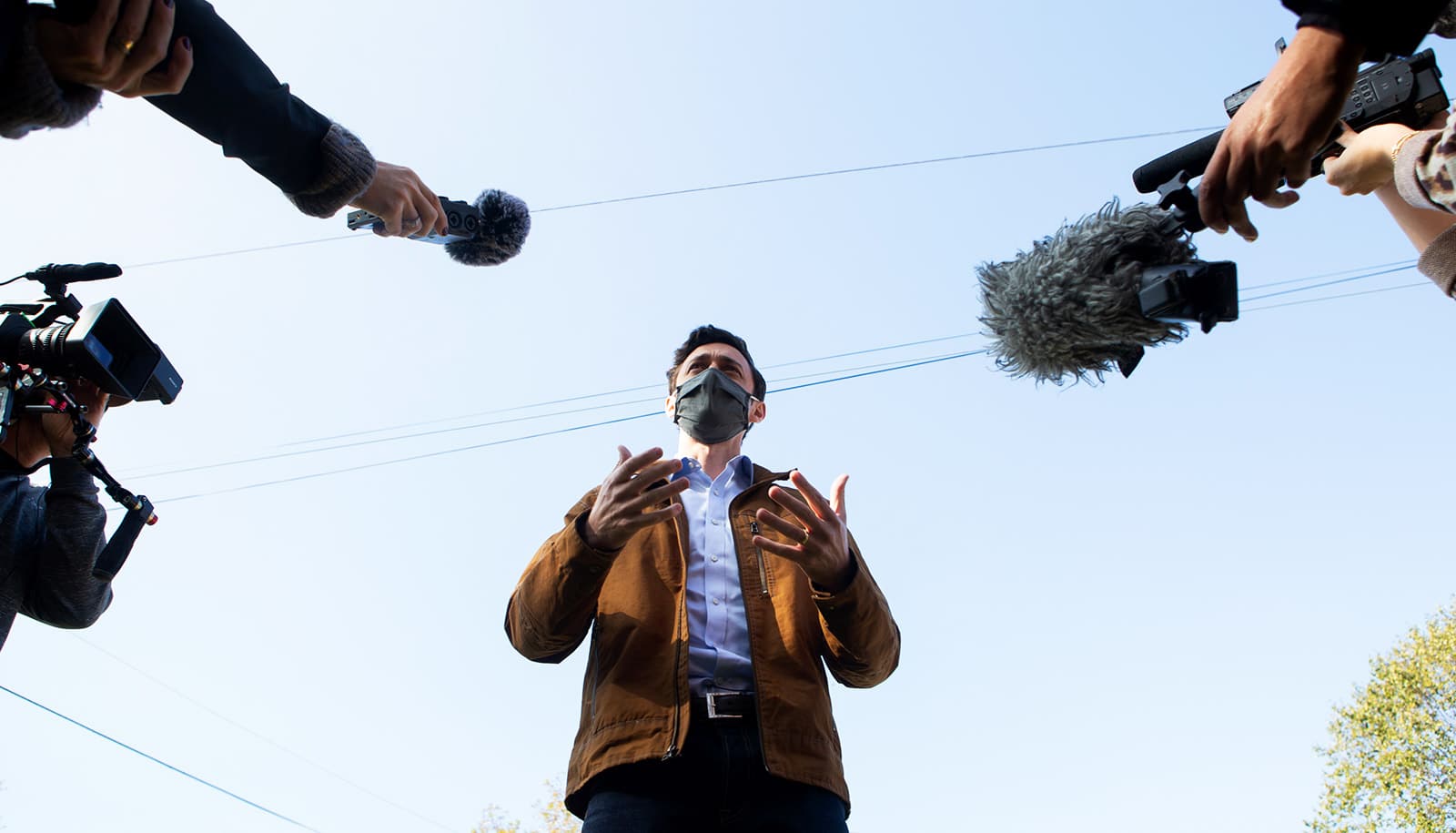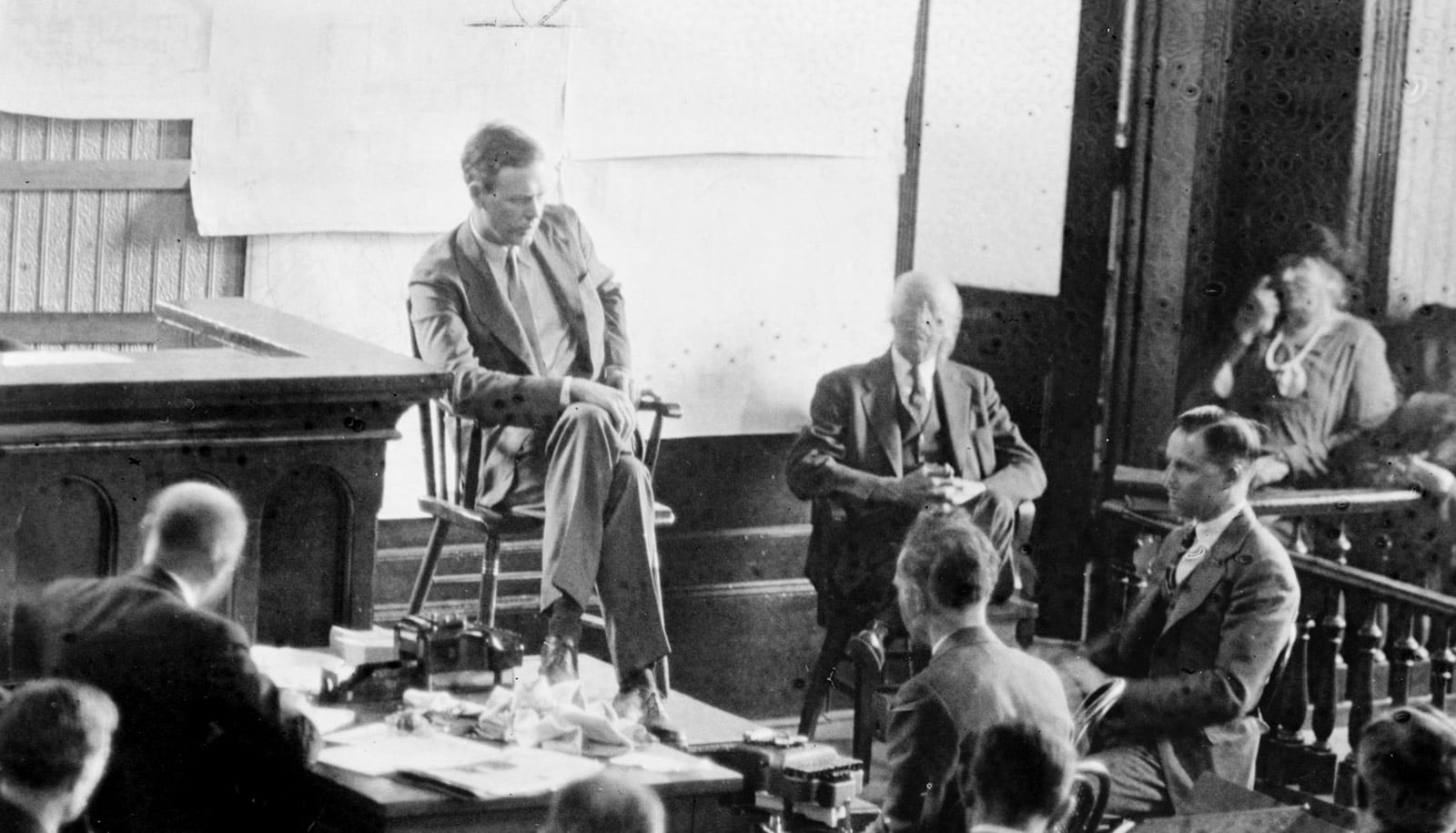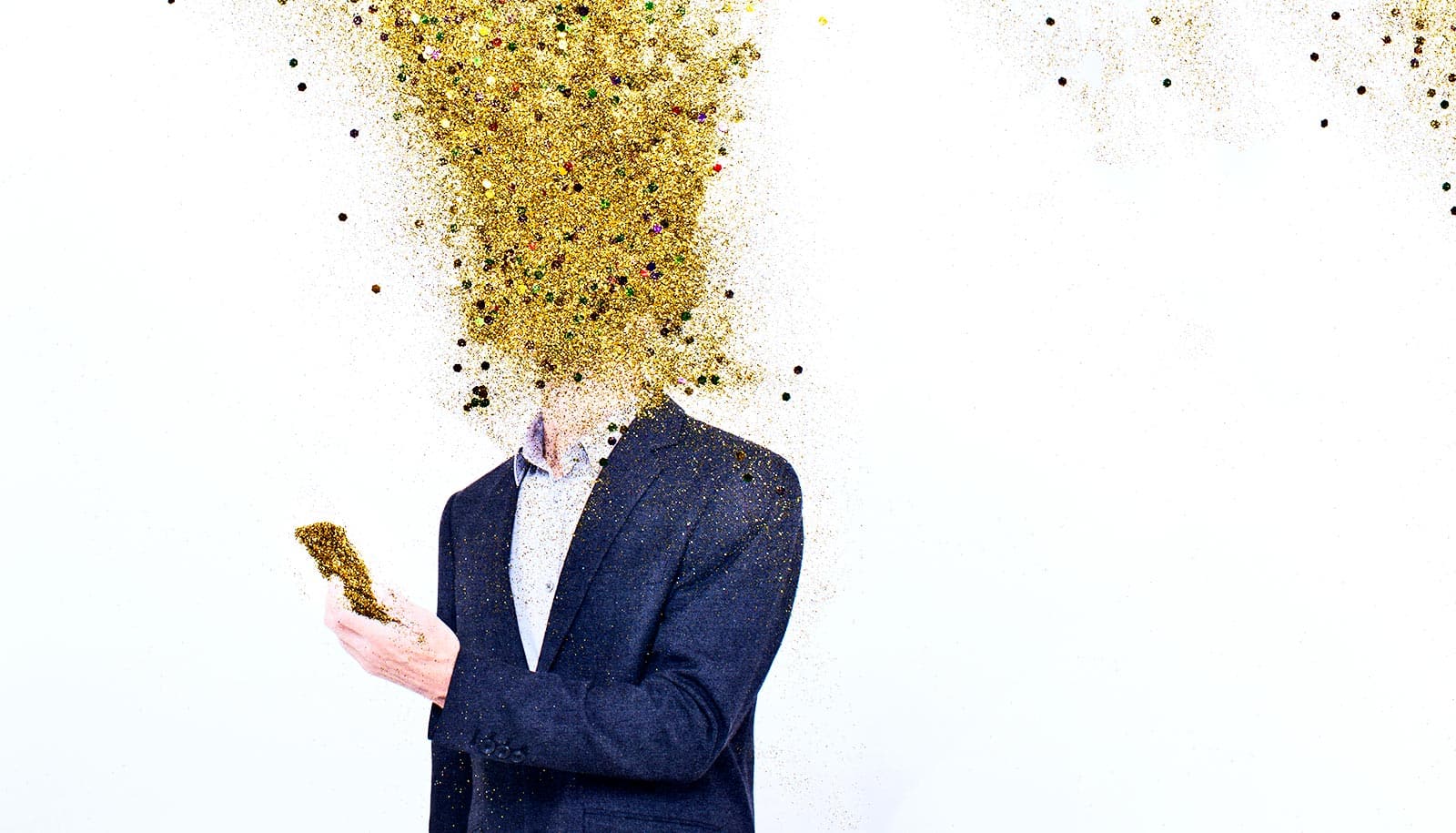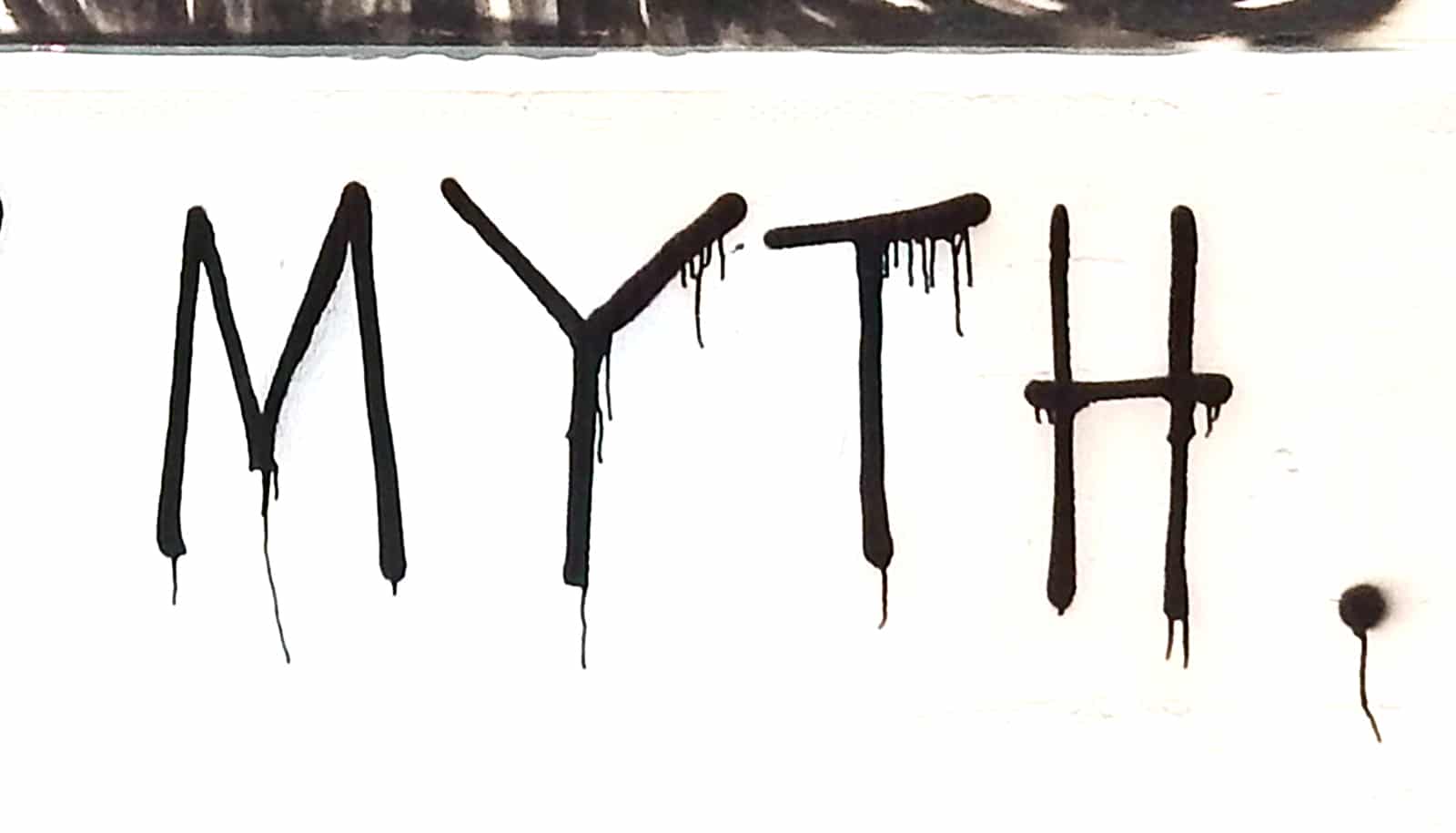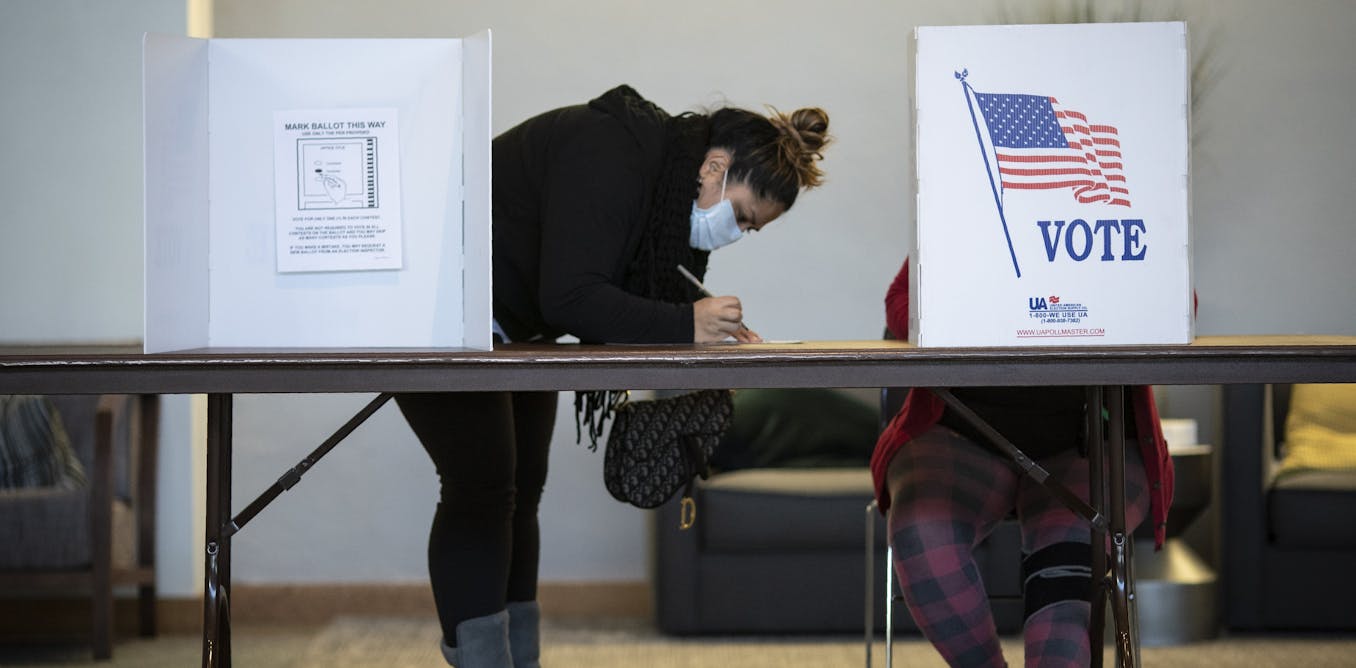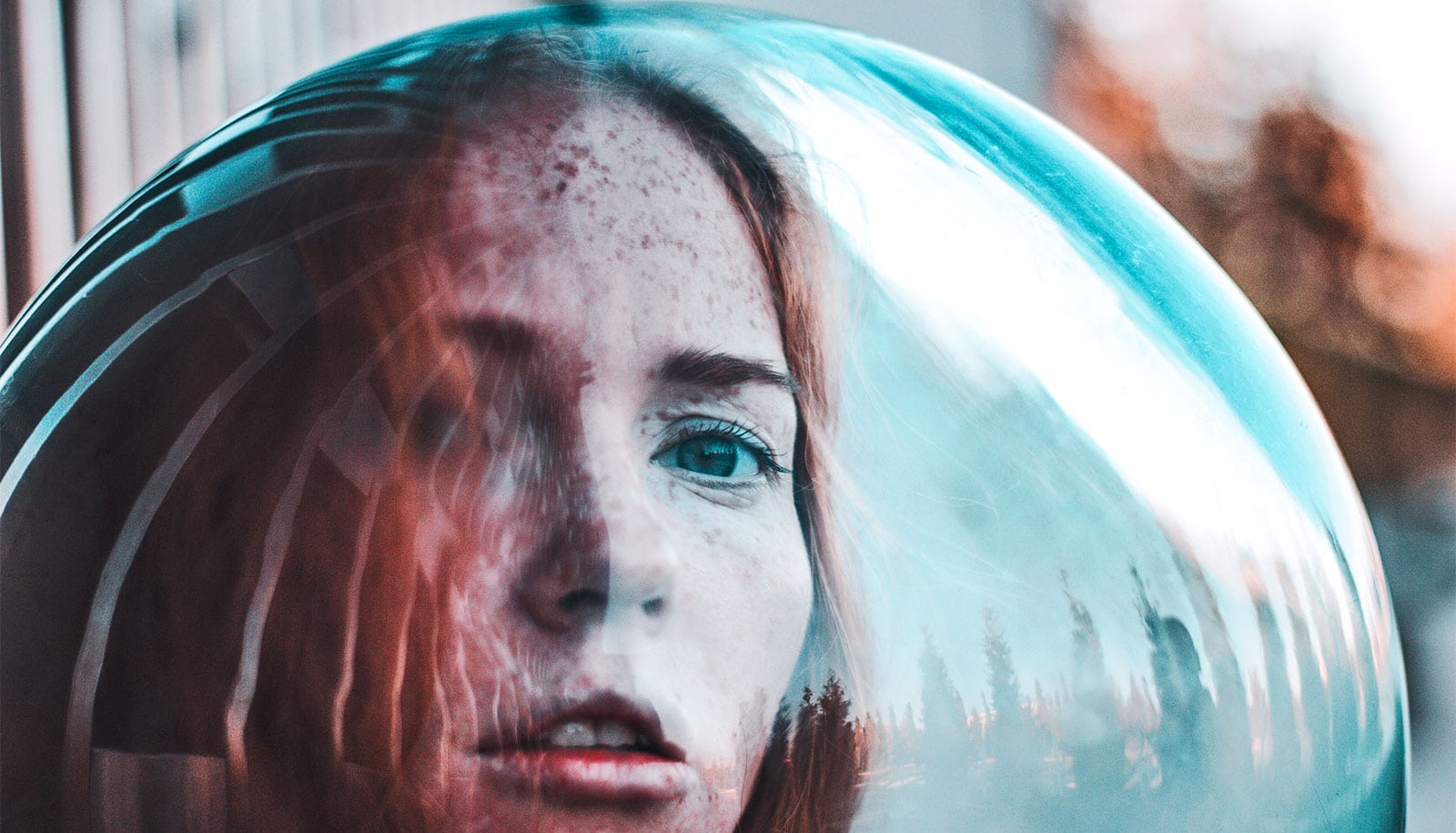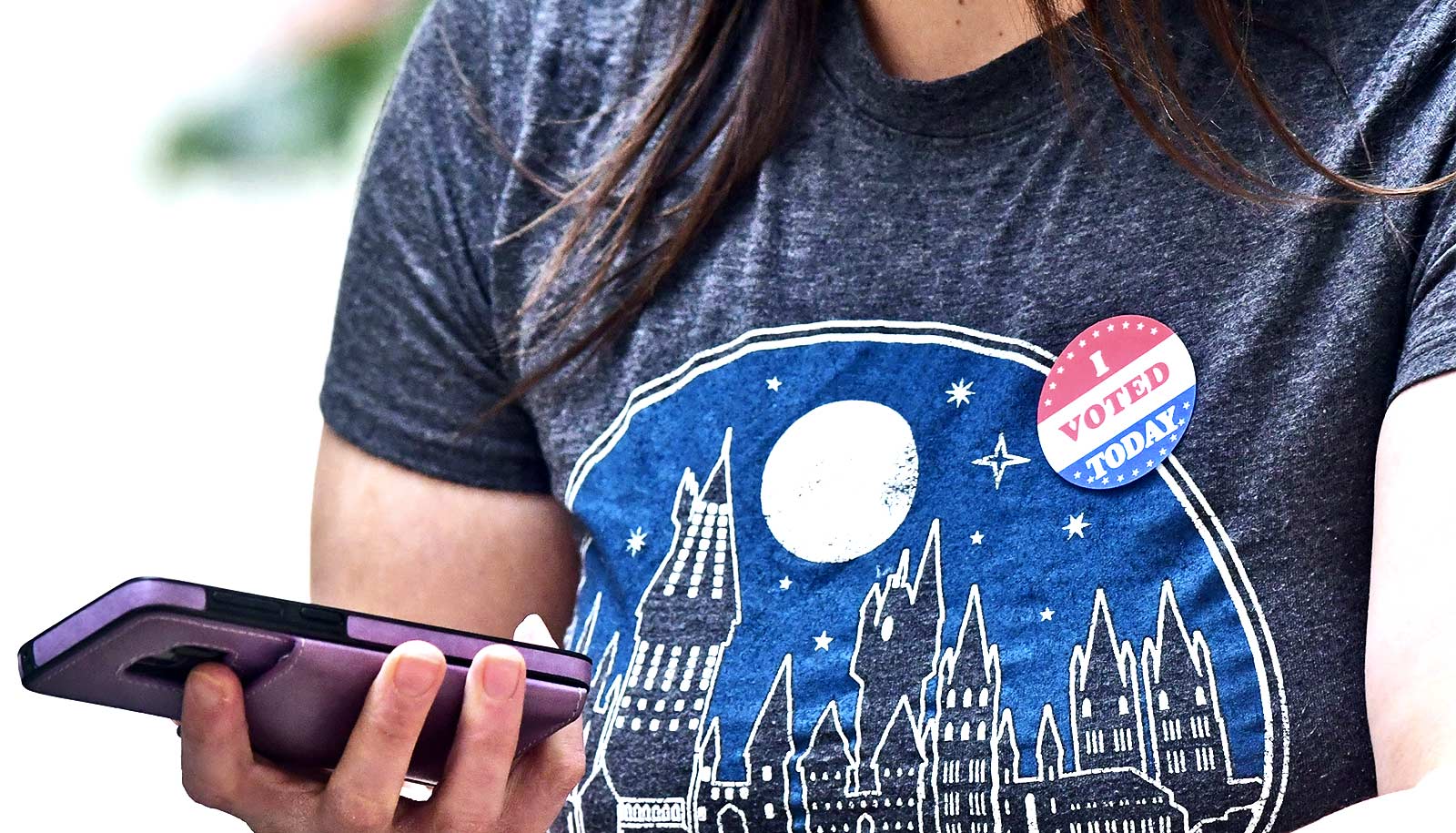When scientific journals take sides during an election, the public's trust in science takes a hit
When the scientific establishment gets involved in partisan politics, surveys suggest, there are unintended consequences – especially for conservatives.
Stylianos Syropoulos, PhD Student in Psychological and Brain Sciences, University of Massachusetts Amherst •
conversation
Nov. 12, 2020 • ~6 min
Nov. 12, 2020 • ~6 min
What a link between chocolate and Nobel prizes reveals about our trust in scientists
Research shows how failing to engage the public can lead scientists' work to be inaccurately reported and interpreted.
Katrine Donois, PhD Candidate in Science Communication., Anglia Ruskin University •
conversation
Oct. 29, 2020 • ~8 min
Oct. 29, 2020 • ~8 min
/
15



